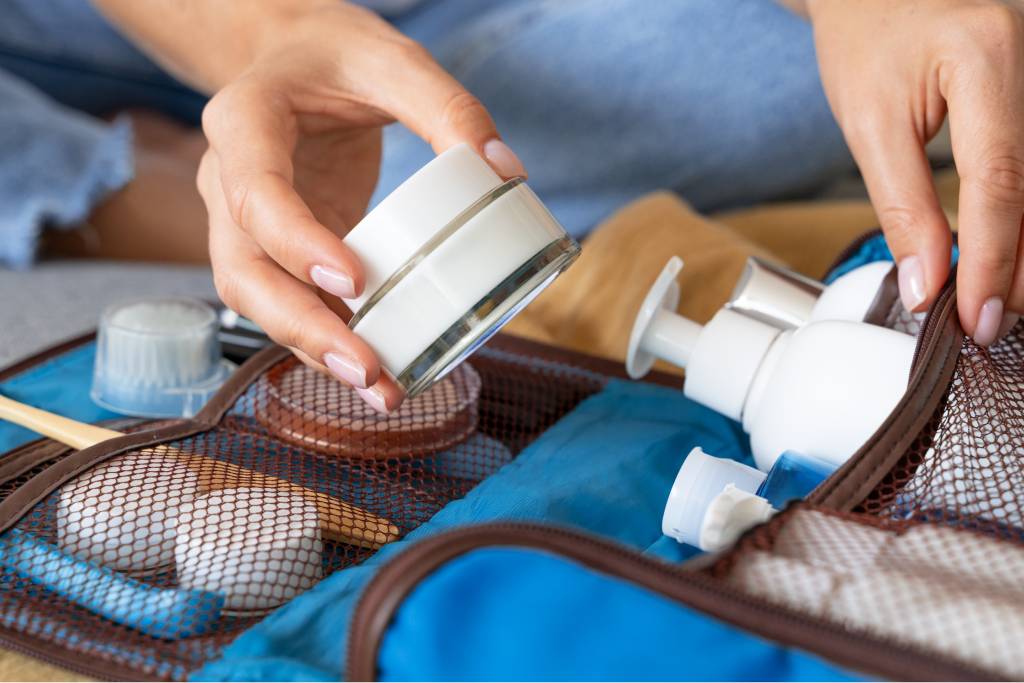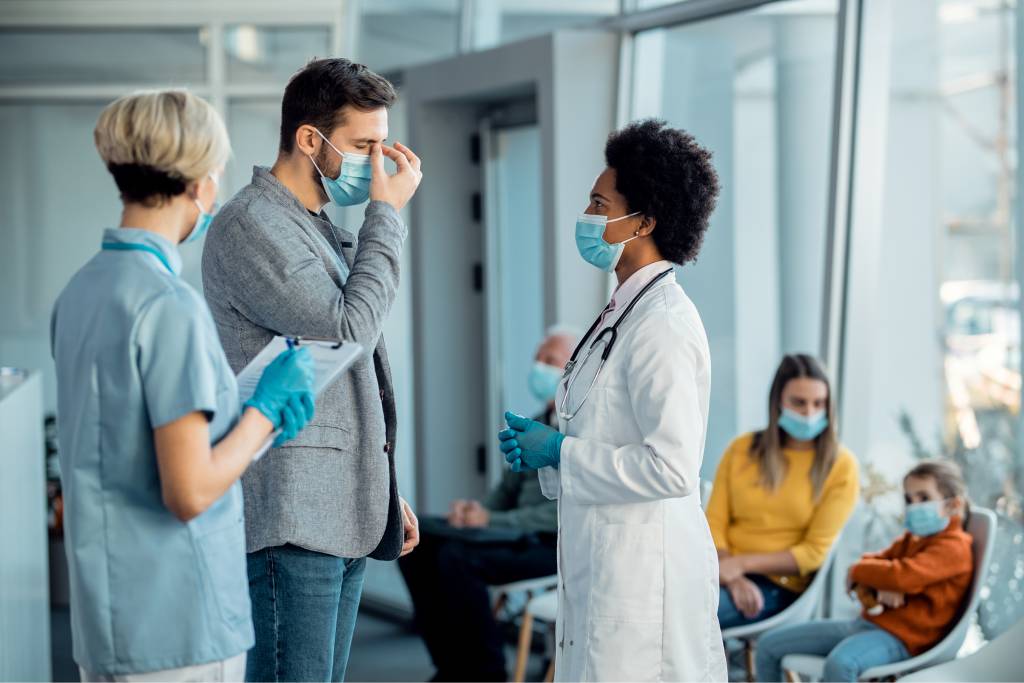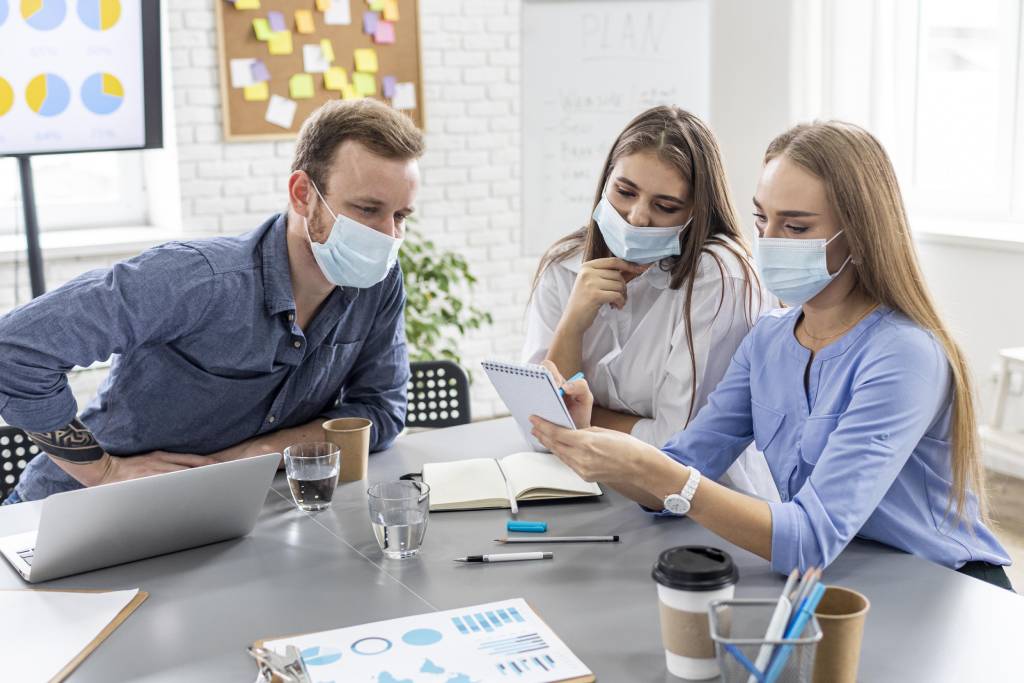
Medical Tours
Medical trips, also known as medical tourism or healthcare tourism, involve traveling to a different location for medical treatment, surgery, or healthcare services. This burgeoning trend has gained popularity due to various factors, including the quest for affordable and high-quality healthcare, access to specialized treatments, and the desire to combine medical care with travel experiences. This article explores the essential aspects of medical trips, from preparation to post-trip follow-up, providing valuable insights for those considering this unique healthcare option.
Preparing for a Medical Trip

Medical Condition Assessment
- Consultation with Healthcare Provider: Seek guidance from your local healthcare provider to assess the necessity of a medical trip.
-
Diagnosis and Treatment Plan: Ensure you have a clear diagnosis and treatment plan before considering medical travel.
Destination Selection
- Researching Medical Facilities: Explore potential destinations and research reputable
healthcare facilities.
- Evaluating Healthcare Providers: Check credentials, patient reviews, and success rates of healthcare providers at your chosen destination.
Travel Logistics
- Booking Flights and Accommodation: Secure transportation and accommodation well in advance.
- Obtaining Necessary Travel Documents: Ensure you have a valid passport, visa (if required), and any essential medical records.
- Travel Insurance: Purchase comprehensive travel and health insurance to cover unexpected medical expenses and travel disruptions.
During the Medical Trip

Arrival and Transportation
- Airport Transfers: Arrange for transportation from the airport to your accommodation.
- Local Transportation: Familiarize yourself with local transportation options for hospital visits and exploring the area.
Medical Procedures
- Consultations and Examinations: Attend scheduled appointments with healthcare providers.
- Surgeries or Treatments: Follow the recommended medical procedures and treatment plans.
Recovery and Follow-up Care
- Post-operative Care: Adhere to post-operative instructions and recovery guidelines.
- Medication and Rehabilitation: Take prescribed medications and participate in rehabilitation as needed.
Cultural and Recreational Activities
- Exploring the Destination: Take advantage of the opportunity to explore the local culture, attractions, and cuisine.
- Rest and Relaxation: Balance healthcare needs with leisure activities to ensure a well-rounded experience.
Challenges and Considerations

Language and Communication
Overcome language barriers by using translation apps or seeking the assistance of interpreters.
Cultural Differences
Be respectful of cultural norms and practices in your destination.
Financial Aspects
- Cost of Medical Procedures: Be prepared for medical expenses and consider currency exchange rates.
- Currency Exchange: Research and plan for currency exchange during your trip.
- Travel Companions and Support: Consider having a travel companion for emotional support and assistance during your medical journey.
Post-Trip Follow-up

Monitoring and Recovery
Continue to monitor your health and follow up with your local healthcare provider as needed.
Communication with Home Healthcare Providers
Share medical records and updates with your home healthcare team for seamless continuity of care.
Sharing Experiences and Recommendations
Share your medical trip experiences with others who may benefit from this healthcare option.